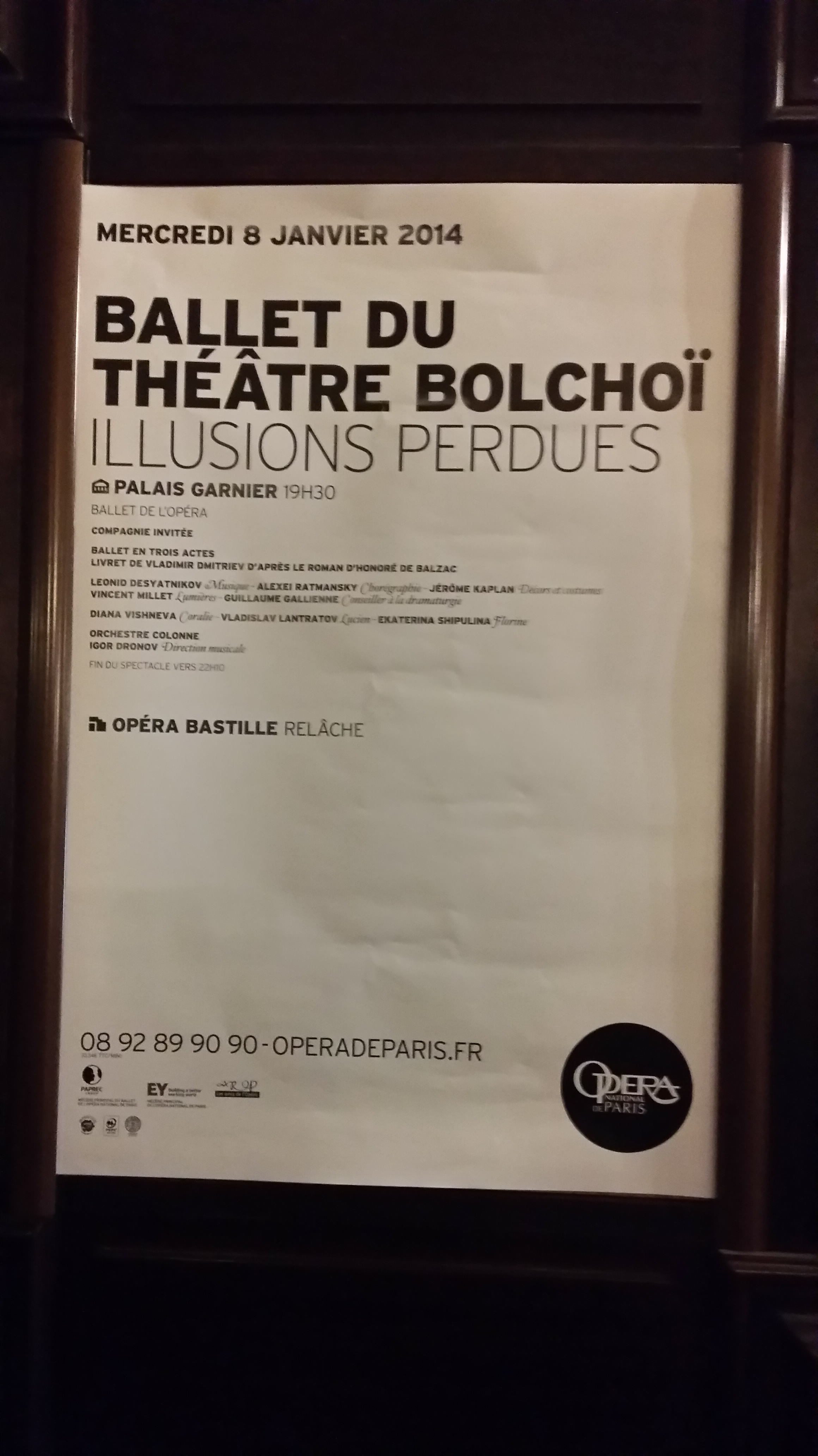I have a stab at improving this starting piece every now and then, a project that started about a year or so ago, and I find myself rewriting the start over and over because I’m not satisfied with the characterization.
It’s not so much the storyline, as it is in trying to create sympathy for the character, and not find him as dull as ditchwater. He’s improving with age. As writers, we tend to create colourful characters and shy away from those who are dull and boring, because after all, as a reader, you want to become something or someone who is far from ordinary. Well, Graham is starting out ordinary, but he will be anything but by the time I write those words ‘The End’.
I promise.
…
I am the master of my own destiny.
My father had drummed that into me, as well as my older brother and younger sister, over and over, until it became a mantra.
For them.
I could not say I didn’t have the same advantages afforded to them, afforded to me. I did.
But somewhere lost in the translation, someone forgot to tell me that it was only advice, not an order, and mistaking it for the latter, I struck out on my own path.
And for the next ten years, it was a long and winding path that led me to this point in time, in a small room that held nothing to tell me where I came from, or who I really was.
My parents were very wealthy with an Upper Westside Apartment in Manhattan and a holiday house in Martha’s Vineyard, my sister had a successful medical career and married a most eligible bachelor, as expected, and my brother, he was a politician.
I’d not seen any of them in at least five years, and they hadn’t called me.
You see, I was the black sheep of the family. I dropped out of college when it all became too much and drifted. Seasonal labourer, farmhand, factory worker, add job man, and night watchman.
At least now I had a uniform, and a gun, and looked like I’d made something of myself.
It was hard to say why, but just before I was about to head out of the factory to end my shift, those thoughts about them came into my mind. They might be gone, but I guess I would never forget them. I wondered briefly if any of them thought about me.
It was 3 a.m. and it was like standing on the exact epicentre of the South Pole. I’d just stepped from the factory warehouse into the car park.
The car was covered in snow. The weather was clear now, but I could feel more snow coming. A white Christmas? That’s all I needed. I hoped I remembered to put the antifreeze in my radiator this time.
As I approached my car, the light went on inside an SUV parked next to my car. The door opened and what looked to be a woman was getting out of the car.
“Graham?”
It was a voice I was familiar with, though I hadn’t heard it for a long time.
I looked again and was shocked to see my ultra-successful sister, Penelope. She was leaning against the front fender, and from what I could see, didn’t look too well.
How on earth did she find me, after all the years that had passed? Perhaps that sparked my un-conciliatory question, “What do you want?”
I could see the surprise and then the hurt in her expression. Perhaps I had been a little harsh. Whatever she felt, it passed, and she said, “Help.”
My help? Help with what? I was the last person who could help her, or anyone for that matter, with anything. But curiosity got the better of me. “Why?”
“I think my husband is trying to kill me.”
Then, with that said, she slid down the side of the car, and I could see, in the arc lamps lighting the car park, a trail of blood.
My first thought, she needed the help of a doctor, not a stupid brother, then a second thought, call 911, which I did, and hoped like hell they got here in time.
And, yes, there was a third thought that crossed my mind. Whether or not I would be blamed for this event.
…
© Charles Heath 2022


















